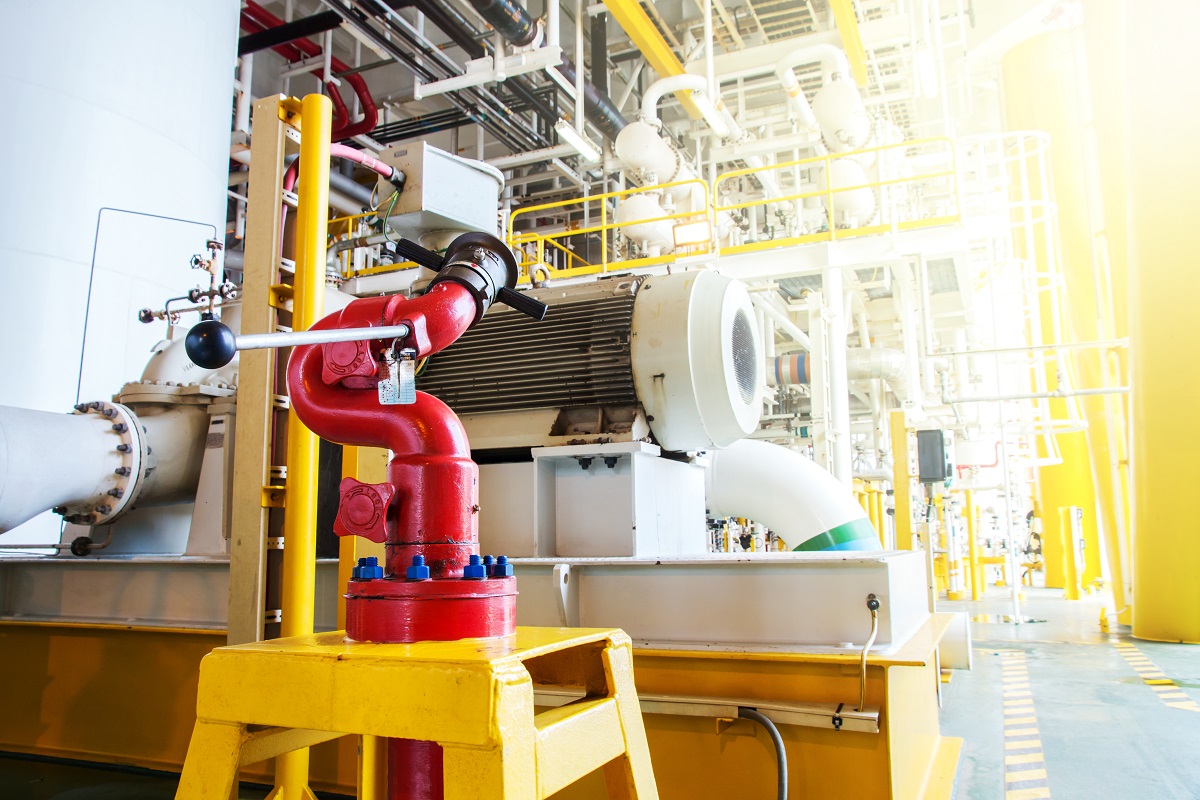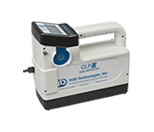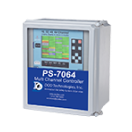
Employees exposed to gases at their workplace can face immediate health issues and long-term health problems, depending on the type of gas and its interaction with the environment. Portable gas detection monitors are designed to help keep employees safer and healthier while reducing the overall liability of the business using them.
Explosive Situation
Many gases have lower explosive limits (lels) recognized by science. This means it takes a certain concentration of gas in the air before there is a danger of the gas igniting and creating and explosion. In the past, companies have accepted levels that reached 20 percent of the concentration required. Today, even that number is too high. Most companies have created a zero tolerance policy for explosive gas concentrations.
Toxicity Screening
Some gases like hydrogen sulfide, sulfur dioxide and nitrogen dioxide are hazardous to a person’s health. These gases may have immediate effects, or they may have effects that only occur later in life. Either way, the gases get regulated because of the danger they pose to human beings that work with them. In the past, if the effects were long-term, regulations often didn’t take them into account. Now, companies are having to deal with the health issues of their former employees and the lawsuits related to those issues.
The Solution
The American Conference of Governmental Industrial Hygienists will adjust the limits and acceptable exposure without regard to current gas detection technology because human health and welfare is always the top priority. While businesses that make portable gas detection monitors may be put in an untenable position because the current technology doesn’t exist to detect low levels of toxic or explosive gases, they will find a way to allow a business to continue working without worrying about shutting down due to new regulations. The gas detection monitor that gets ahead of the curve and can overcome the various atmospheric and workplace problems will provide a greater relief to the employees of companies that work with dangerous gases. Call DOD Technologies to learn more.






